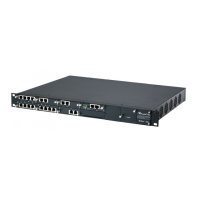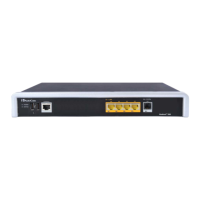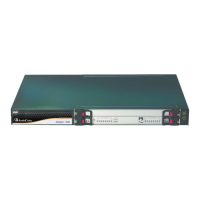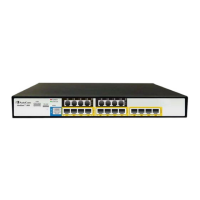User's Manual 896 Document #: LTRT-89730
Mediant 3000
Parameter Description
parameter is set to 1 (i.e., enabled).
183 Message Behavior
[SIP183Behaviour]
Defines the ISDN message that is sent when the 183 Session Progress
message is received for IP-to-Tel calls.
[0] Progress = (Default) The device sends a Progress message.
[1] Alert = The device sends an Alerting message (upon receipt of a
183 response) instead of an ISDN Progress message.
Note: The parameter is applicable only to the Gateway application.
[ReleaseIP2ISDNCallOnP
rogressWithCause]
Typically, if an Q.931 Progress message with a Cause is received from
the PSTN for an outgoing IP-to-ISDN call and the EnableEarlyMedia
parameter is set to 1 (i.e., the Early Media feature is enabled), the device
interworks the Progress to 183 + SDP to enable the originating party to
hear the PSTN announcement about the call failure. Conversely, if
EnableEarlyMedia is set to 0, the device disconnects the call by sending
a SIP 4xx response to the originating party. However, if the
ReleaseIP2ISDNCallOnProgressWithCause parameter is set to 1, then
the device sends a SIP 4xx response even if the EnableEarlyMedia
parameter is set to 1.
[0] = (Default) If a Progress with Cause message is received from the
PSTN for an outgoing IP-to-ISDN call, the device does not disconne
the call by sending a SIP 4xx response to the originating party.
[1] = The device sends a SIP 4xx response when the
EnableEarlyMedia parameter is set to 0.
[2] = The device always sends a SIP 4xx response, even if he
EnableEarlyMedia parameter is set to 1.
Session-Expires Time
[SIPSessionExpires]
Defines the numerical value sent in the Session-Expires header in the
first INVITE request or response (if the call is answered).
The valid range is 1 to 86,400 sec. The default is 0 (i.e., the Session-
Expires header is disabled).
Minimum Session-Expires
[MinSE]
Defines the time (in seconds) that is used in the Min-SE header. This
header defines the minimum time that the user agent refreshes the
session.
The valid range is 10 to 100,000. The default is 90.
Session Expires
Disconnect Time
[SessionExpiresDisconnec
tTime]
Defines a session expiry timeout. The device disconnects the session
(sends a SIP BYE) if the refresher did not send a refresh request before
one-third (1/3) of the session expires time, or before the time configured
by the parameter (the minimum of the two).
The valid range is 0 to 32 (in seconds). The default is 32.
Session Expires Method
[SessionExpiresMethod]
Determines the SIP method used for session-timer updates.
[0] Re-INVITE = (Default) Uses re-INVITE messages for session-
timer updates.
[1] UPDATE = Uses UPDATE messages.
Notes:
The device can receive session-timer refreshes using both methods.
The UPDATE message used for session-timer is excluded from the
SDP body.
[RemoveToTagInFailureR
esponse]
Determines whether the device removes the ‘to’ header tag from final
SIP failure responses to INVITE transactions.
[0] = (Default) Do not remove tag.
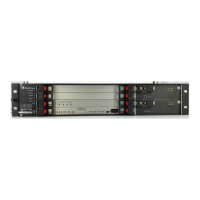
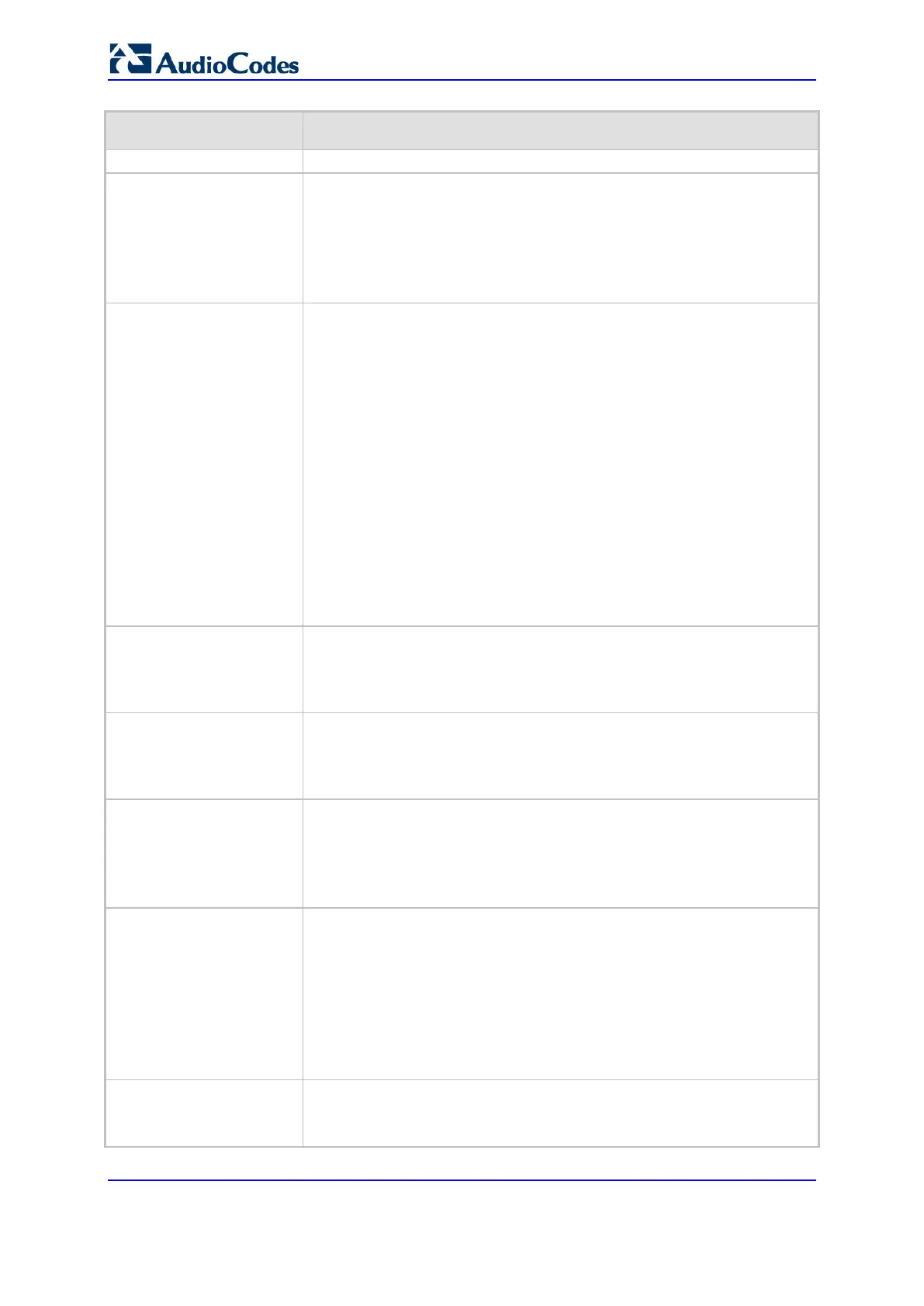